By DLLC – Law Firm in Singapore
What is the Due Diligence Process
The due diligence process generally occurs when one is acquiring a business or company. Its purpose is to verify, assess, and question the target company’s organisational structure, business model, financial statements, and representations made regarding the business.
When conducted effectively, the due diligence exercise can check for and identify any information about the target company’s liabilities that could lead to significant legal ramifications or financial burdens. These liabilities include:
- Outstanding debt to employees or third parties
- Pending or ongoing litigation against the company
- Environmental liabilities or compliance issues
- Intellectual property disputes or infringements
- Unpaid taxes
It is important to note that the due diligence process isn’t intended as a critique of the target company. Your approach to the due diligence exercise could impact the success or failure of the acquisition. Hence, it is essential to conduct the due diligence process thoroughly and fairly.
Key Areas of Due Diligence Relevant to the Purchaser
Similar to how there are documents that one must prepare when selling their business, there are binding documents that a purchaser should examine during the due diligence exercise. This includes:
1. Material Contracts
Material contracts are those entered into by the target company both in the ordinary course of business and to advance the company’s businesses. These contracts are important in the due diligence process as they provide insight into the company’s legal obligations, potential liabilities, and future commitments.
Before assessing any material contracts, you should have already established the target company’s business model and strategy, as well as its ownership and share structure.

2. Major Customers & Suppliers
When acquiring a company, it’s critical to know its major customers, which account for the bulk of the business. It is also good to be aware of its major suppliers, especially if these contracts can be terminated easily. Therefore, during the due diligence exercise, it is advised to request copies of all:
- Licenses
- Franchising contracts
- Merchandising agreements
- Marketing contracts
- Manufacturing contracts
- Distribution deals
- Agency contracts
During the due diligence process, it is also crucial to check for any personal guarantees or powers of attorney signed by the target company. These could signify additional financial or legal responsibilities that could impact future operations and financial stability.
3. Financial Documents
During the due diligence process, financial documents are essential as they reveal the financial health and operational efficiency of the target company. These are the key documents you should review:
- Bank accounts: Reviewing the bank accounts helps assess the company’s cash flow stability and liquidity, providing a snapshot of financial management practices.
- Financial statements: This includes profit and loss statements, balance sheets, and adjusted cash flow statements, which offer insights into the company’s assets — both fixed and current — and how they are utilised in the business.
- Loan statements: Examining loan statements, which cover borrowings, security interests, mortgages, charges, debentures, and letters of credit granted to the target company, helps understand the company’s debt obligations and financing structure.
It is important to note that financial statements tend to reflect the financial standing for the previous year and historical data. However, astute financial managers should request the latest management accounts to the nearest month. This will allow them to assess the actual financial position of the company.
4. Other Contractual Agreements
Once you are satisfied with the financial and material contract reviews, you can then delve into other contractual agreements. This means examining intellectual property rights, employment contracts, and regulatory obligations. The relevance and complexity of these agreements will vary depending on the industry concerned.
These elements are all critical to the due diligence exercise as they encompass statutory and regulatory compliance that can significantly affect the business. For example, there are mandatory requirements for employers to timely pay employee salaries and CPF contributions. And failing to meet these regulations could result in substantial liabilities and penalties, which may only be resolved by seeking professional legal advice for employment laws.
Getting Expert Legal Advice
If you are embarking on the due diligence exercise, it is highly advised to seek expert legal counsel like DLLC early in the process. A corporate lawyer can provide invaluable guidance on navigating complex legal landscapes, identifying potential risks, and ensuring complete compliance with the relevant laws and regulations in Singapore.
Our legal team can help you interpret complex contractual terms and also structure the acquisition to avoid future legal pitfalls. Reach out to us today to secure a safer investment.







